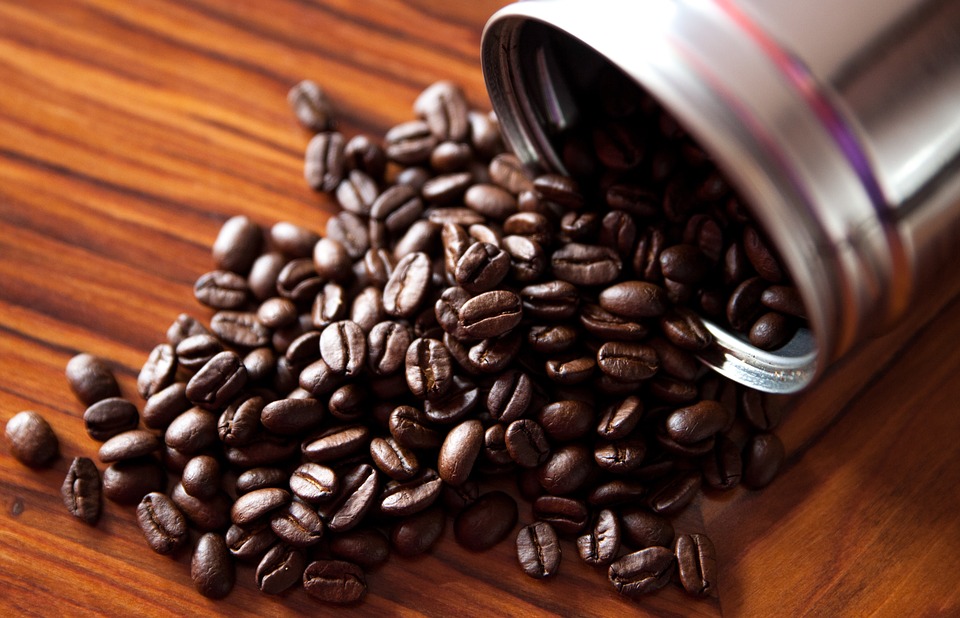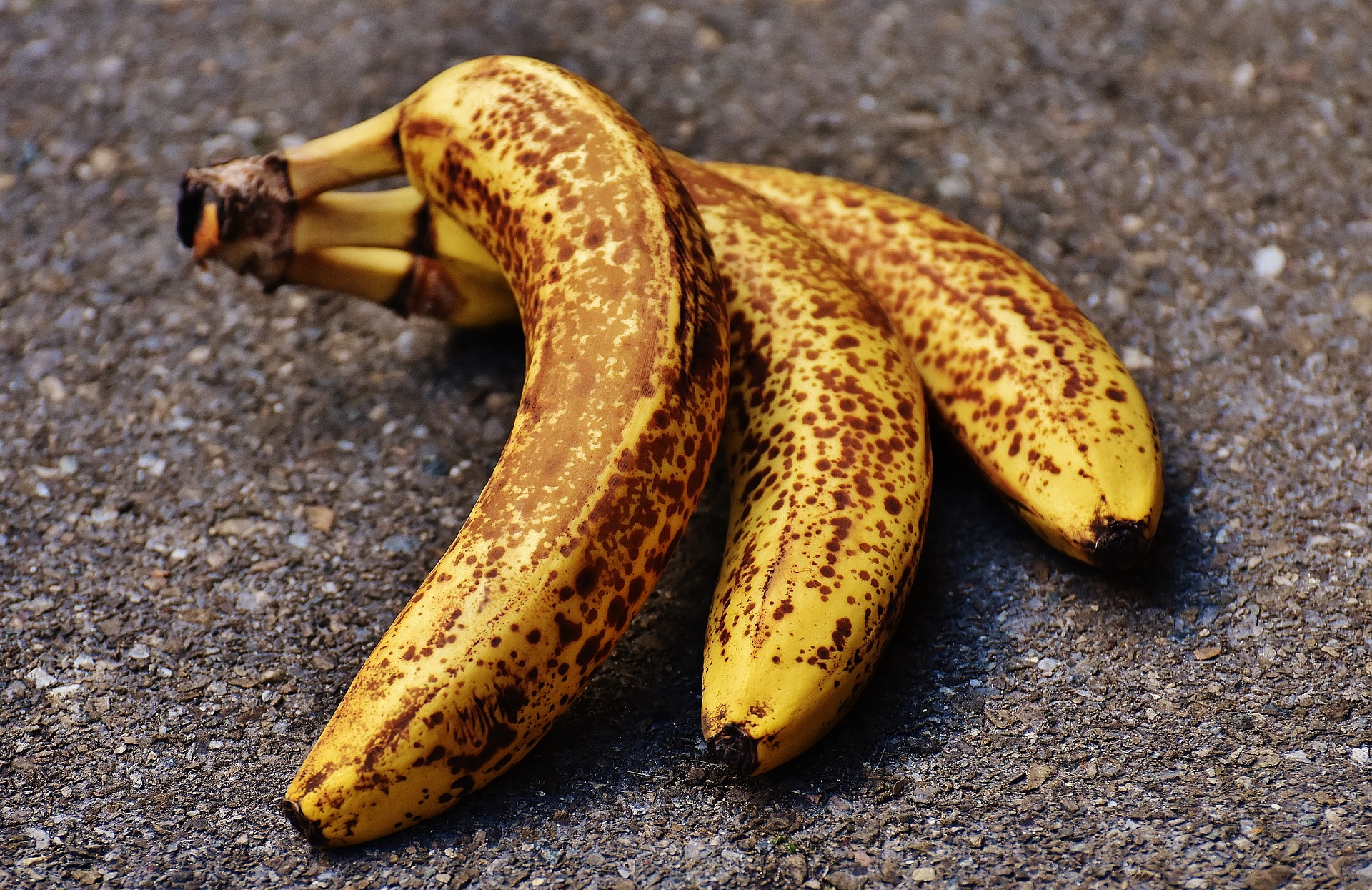With Mary Gabbe, the Co-Owner of The Beach Shack cafe in Currumbin (Queensland, Australia) about turning their waste into treasure and bringing people together.
Mary, you mentioned to me your family had no experience in hospitality when you took over the cafe. Who came with the idea?
Our youngest son was living here on the Gold Coast, Australia. We wanted a change from broad acre farming and nursing in the Wimmera, Victoria. We liked the area of Currumbin on the Gold Coast so we could try something totally new. After all it is another business, isn’t it? Just as farming is a business! But totally different. This was a huge learning curve that we have survived. Going from producing a totally raw product to a meal that people consume is sooo different!
When you took over the cafe, what were the main things you wanted to change?
When we started, there was little respect for the waste that was going into landfill. The use of polystyrene take away containers, food and coffee grind (both wet and dry) were thrown in the garbage. Glass and anything recyclable was thrown into the general waste for landfill. On the farm we always tried to save wherever we could. I loved the fact that our waste from the kitchen could most of the time be consumed by our chickens or could be used for a compost heap to benefit my garden. Our glass and plastic recyclables were collected fortnightly which was so positive to know that something could be made from them and not just going to landfill.
When we started, there was little respect for the waste that was going into landfill.

How did you come up with the idea of collecting food scraps and coffee grinds and offering them back to the customers?
Well, the staff probably thought that I was going mad! Mind you, I think my husband thought the same. To get “town people” to collect our scraps, I think he thought that everybody would think I was mad. One of our main supervisors at the time was into saving landfill, so she actually encouraged me at all times. We trialled it with a sign on the counter offering food scraps for anybody with chickens, ducks or who would just like them for their compost heap. Most people read the sign and liked the idea. Credit has to go to our staff who also had to change their ways with disposing of food waste and storing it for customers. Without the staff taking it on board it couldn’t happen.
Could you please describe how the system works?
All food scraps from the kitchen prep work is collected in our ten litre ice cream containers. All food off the plates of the customers is scraped into ten litre containers placed by the rubbish bin by the sink in the kitchen. The containers are all sealed and stored in the cool room until a customer comes to collect them. We collect the dry coffee grind that overflows from our grinder, into another dry ten litre container which we offer to people to make coffee scrub or we make some ourselves and generally most of our staff use it and love it. The wet coffee grind is collected in a container, which is sadly lined with a plastic bag. We have a couple of customers who collect this to place around their plants to protect from snails and bugs and they also use it in their compost heap. We have let customers know about the food scraps on our Facebook page, a sign on the counter and just word of mouth.
How was this new invention of yours received by the customers?
The customers love it. Most comment on our sign, how good of an idea it is and they wished they had chickens. They are also happy that it is for a good purpose and we are trying to help the environment
How much organic waste does the kitchen and the cafe produce daily?
The amount of waste varies from day to day. Generally, towards the end of the week we have quite a lot due to the prep work for the weekend and then at the end of the weekend there is generally quite a lot due to the weekend being our busiest period. Over the week we would probably have donated up to 30 ten litre containers of organic waste. Over the period that we have started to collect the waste, we have saved on the collection of three large rubbish bins, headed for landfill. This has been a savings of over $10,000 per year!
Over the week we would probably have donated up to 30 ten litre containers of organic waste.
Who are the people who pick up the scraps and the grind? How many come regularly?
They are regular day to day people, some who work, some who are retired. We have one gentleman who regularly picks up anything we have, both food scraps and grind if it hasn’t already been taken. Two gentlemen, one who collects a container for his chickens once maybe twice a week and the other collects anything while he is passing by, in turn they both give our staff some beautiful home grown eggs for their effort. All our regulars return the containers washed for reuse for food scraps, thus the plastic containers are recycled also! We often have random people who read the sign on the cash register and then ask for food scraps to take with them. Every little bit helps.

Do you know what people use the scraps or grind for?
All our customers who collect our scraps use it for their chickens and others use both the scraps and the grind for compost for their fruit trees or vegetable gardens.
Two gentlemen, one who collects a container for his chickens once maybe twice a week and the other collects anything while he is passing by, in turn they both give our staff some beautiful home grown eggs for their effort.
What do you do to keep all uninvited guests (such as birds or insects) away from the scraps?
We store our scraps in sealed containers in the cool room. Our grind is stored outside in a container with a lid on. The dry grind is stored in ten litre containers with lids on, inside.
Does everything get taken?
Yes, everything gets taken. If it was not to be collected, it would have to go into landfill.
If I was a restaurant owner and decided to manage all food waste the same way as in the cafe, what steps would you recommend me to take?
To start with, you need to place a separate container next to your bin where you get rid of scraps. A container that is easily identified as being different to the norm. Provided containers that the kitchen staff can use to place in their larger bins so that they can place the food scraps from prep work in the container that is there to collect the food scraps. Put up some signage on your cash register where people go to or on your website/facebook page. Offer it for free, everybody likes something for free.
Have you made any other changes towards being a more sustainable business?
Since saving on bins that are collected and going to landfill. We now purchase takeaway containers that are recyclable. Due to the savings of the bins we are able to afford to buy the dearer, recyclable containers.
Offer it for free, everybody likes something for free.
What could local councils or customers do to encourage hospitality entrepreneurs to treat their organic waste as a resource?
Local councils could provide areas where food waste could be collected for people to use in their gardens. In saying this, the council would most likely charge for collection of this, so in the end it would not be a savings for our cafe. Customers could ask their local cafes/restaurants to collect their scraps so that they could come by and collect it from them. It really is important that you have locals who are reliable to collect the organic waste otherwise you might end up with more food waste in your cool room than unprepared food.
Thank you and we wish you many happy customers!